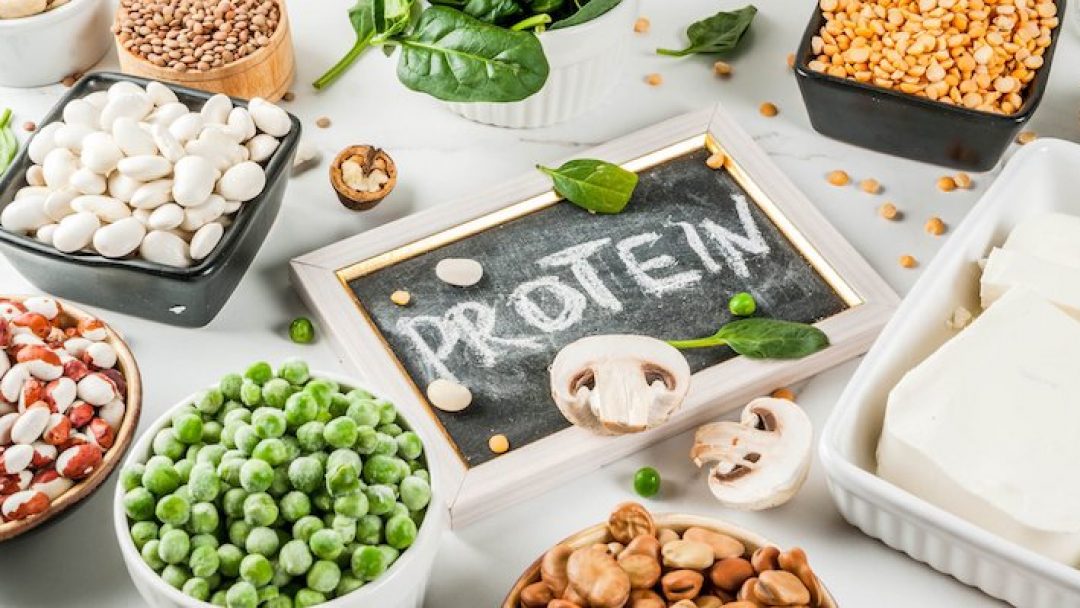Many people believe meat is the only way we can get protein, but there are other protein sources to be considered.
What is protein? Protein is a macronutrient, and it is the building block of hormones and enzymes. We need protein to build muscles, to create skin and hair, to build antibodies, and to feel satisfied after eating.
You’re probably tired of eating the same foods to reach your protein goals, but the good news is there are plenty of plant-based sources for protein.
Adults should get 10 to 35 percent of their daily calorie intake from protein. Women should eat 46 grams of protein a day, and men need 56 grams.
What are Plant-Based Sources of Protein?
Black Beans
Black beans are an excellent source of protein and fiber. They can help lower LDL cholesterol, reduce constipation, and provide antioxidant. They can also be used to replace flour for lower calorie brownies.
A 1/2 cup provides 8 grams of protein. A 1/2 cup of lentils provides 9 grams of protein.
Hemp Seeds
Hemp seeds contain omega-3 fatty acids, which helps fight inflammation and promotes a healthy heart. They’re also one of the only plant-based proteins that are complete proteins. Hemp seeds also contain potassium, iron, and calcium.
One ounce of hemp seeds provides 10 grams of protein.
Almonds
Nuts are a beneficial source of protein. Almonds are particularly full of antioxidants, fiber, vitamin E, magnesium, and potassium.
Almonds provide 6 grams of protein per ounce.
Pumpkin Seeds
The phytosterols in pumpkin seeds may reduce blood cholesterol and the risk of certain types of cancer.
One ounce of pumpkin seeds has 5 grams of protein.
Edamame
Edamame, or soybeans, have a lot of protein, fiber, vitamins, and minerals. They also have isoflavones, which may help prevent certain cancers.
One cup of edamame has 17 grams of protein.








